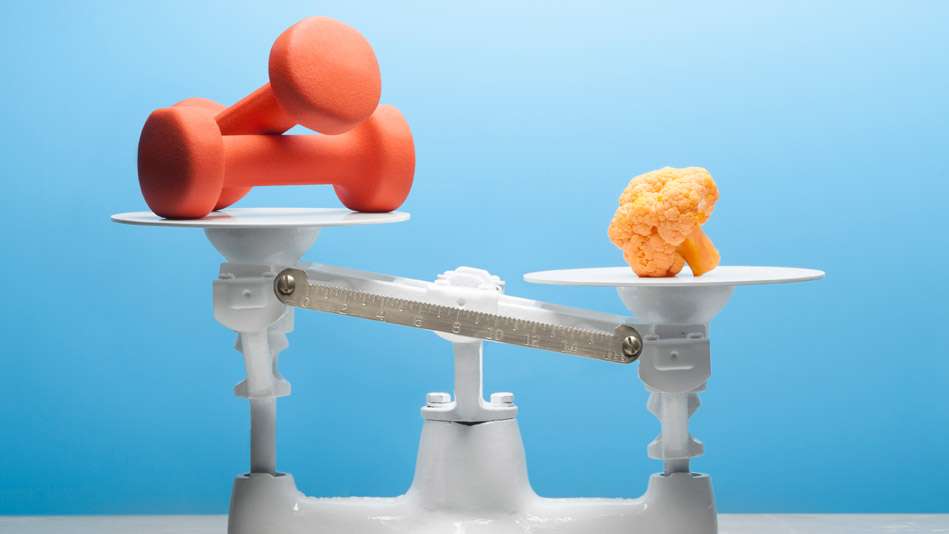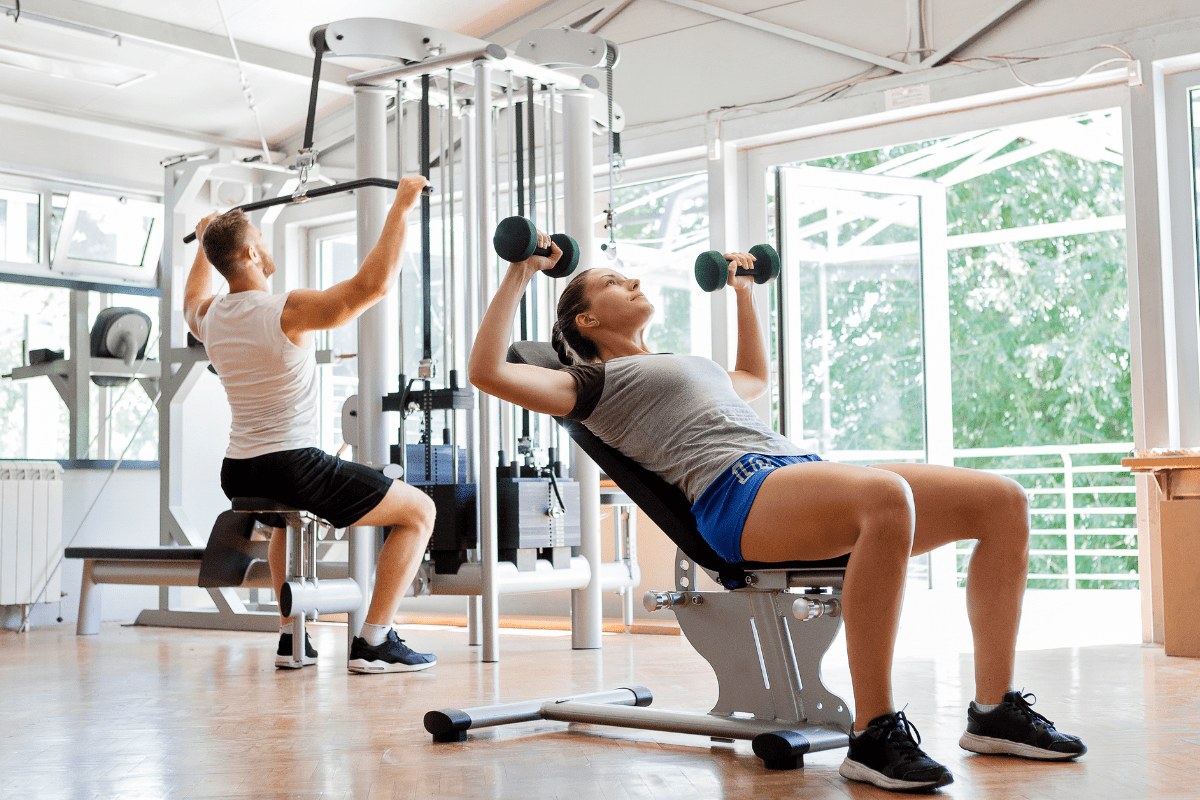Introduction
What happens if you exercise without dieting? Board shipping on a fitness journey often involves two main components: exercise and diet. While exercise is crucial for physical health and overall well-being, the role of diet cannot be underestimated. In this article, we delve into the effects of exercising without paying attention to your diet.
The Importance of Exercise and Diet
Exercise and diet are two sides of the same coin when it comes to achieving fitness goals. While exercise helps to improve cardiovascular health, build strength, and enhance mood, diet provides the necessary nutrients to fuel your body and support recovery. Neglecting one aspect can hinder your progress and potentially lead to undesirable outcomes.
Effects of Exercising Without Dieting
When you exercise without paying attention to your diet, several consequences may arise:
1. Limited Results
While exercise alone can lead to improvements in fitness levels, the absence of a balanced diet can limit the results you achieve. Without proper nutrition, your body may struggle to repair and build muscle, leading to slower progress and plateauing.
2. Increased Risk of Injury
A diet lacking essential nutrients such as protein, carbohydrates, and healthy fats can compromise your body’s ability to recover from exercise-induced stress. This can increase the risk of injuries, as your muscles, joints, and connective tissues may not have the support they need to withstand physical activity.
3. Fatigue and Low Energy Levels
Exercise demands energy, and without adequate fuel from your diet, you may experience fatigue and low energy levels. Carbohydrates, in particular, are important for providing the energy necessary to sustain workouts and optimize performance. Without them, you may find it challenging to push yourself during exercise sessions.
4. Impaired Muscle Growth
Protein is essential for muscle repair and growth, making it a crucial component of any fitness regimen. Without sufficient protein intake, your body may struggle to build lean muscle mass, even if you engage in regular strength training exercises. This can hamper your efforts to achieve a toned and sculpted physique.
5. Nutrient Deficiencies
A diet lacking in essential vitamins and minerals can lead to nutrient deficiencies, which can have far-reaching consequences for your health. Calcium, for example, is vital for bone health, while iron is necessary for oxygen transport in the blood. Without these nutrients, you may experience issues such as weakened bones and decreased endurance.

Conclusion: What Happens if You Exercise Without Dieting?
In conclusion, while exercise is undoubtedly beneficial for your health, it must be complemented by a balanced diet to maximize its effectiveness. Neglecting your dietary intake while focusing solely on exercise can lead to limited results, increased risk of injury, fatigue, impaired muscle growth, and nutrient deficiencies. To achieve your fitness goals and maintain optimal health, it’s essential to prioritize both exercise and diet.
Frequently Asked Questions (FAQs)
1. Can I still lose weight by exercising without dieting?
While exercise can contribute to weight loss by burning calories, the effectiveness of your efforts may be limited without a proper diet. To achieve sustainable weight loss, it’s essential to create a calorie deficit through a combination of exercise and dietary modifications.
2. How can I improve my diet to support my exercise routine?
Focus on consuming a balanced diet that includes a variety of nutrient-dense foods such as fruits, vegetables, lean proteins, whole grains, and healthy fats. Pay attention to portion sizes and aim to eat at regular intervals throughout the day to support your energy levels and recovery.
3. What role do supplements play in supporting exercise without dieting?
While supplements can help fill gaps in your diet, they should not be relied upon as a substitute for whole foods. If you’re unable to meet your nutritional needs through diet alone, consider consulting with a healthcare professional or registered dietitian to determine if supplementation is necessary and appropriate for you.


